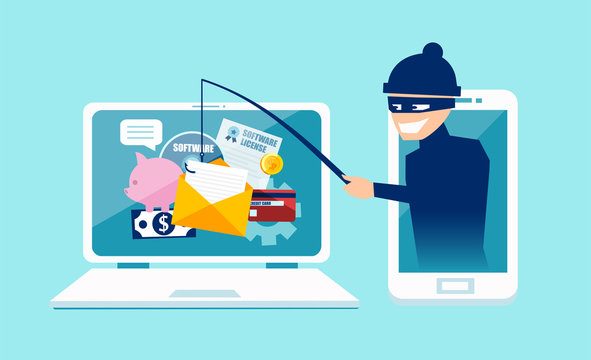Let’s Chat About Staying Safe Online
It’s a digital world out there, and sometimes it can feel a bit overwhelming, right? But don’t let that stop you from enjoying all the great things technology has to offer. Let’s start by talking about something new that you may not have heard of yet – a clever trick that’s been catching people off guard lately.

The Surprise Package Scam: What You Need to Know
Imagine this: you receive a package you weren’t expecting. Exciting, right? But hold on – it might not be the pleasant surprise you think it is. Here’s what’s happening:
- Some crafty scammers are sending out packages that people didn’t order.
- These packages might have a square code on them (we call these QR codes – they’re those funny-looking squares you sometimes see in ads).
- They might ask you to scan this code to “confirm” you got the package.
Here’s the thing: scanning that code could take you to a bad website or put nasty software on your phone. So if you get a mystery package, it’s best not to scan anything. But what’s in the package, well that’s yours to keep!
What’s This “Phishing” Thing?
No, we’re not talking about going to the lake with a rod and reel! Phishing is when some not-so-nice folks try to trick you into giving away your personal information. They often do this by sending emails that look like they’re from a company you know and trust.
How to Spot a Fishy Email
Here are some things that might make you go “Hmm, something’s not quite right here”:
- Lots of spelling mistakes (we all make typos, but professional companies usually double-check)
- They’re asking for personal information out of the blue
- They’re saying your account will be closed if you don’t act NOW (trying to scare you into action)
- They want you to click on a link or download something
Is This Email Really From Who It Says It’s From?
If you’re not sure about an email:
- Don’t click on anything in it. Not even if it looks interesting!
- Instead, open up your web browser and type in the address of the company’s website yourself
- Or give the company a call using a number you know is correct (like from your last bill)
Keeping Your Personal Info Personal
Just remember:
- Real companies won’t ask for sensitive stuff like passwords or credit card details through email
- It’s okay to be cautious. In fact, it’s smart!
Some Tricks to Watch Out For
Keep an eye out for:
- Someone calling and saying there’s a problem with your computer
- Anyone claiming to be a grandchild in trouble (always double-check with other family members)
- Messages saying you’ve won a lottery you never entered
- People asking about your Medicare or health insurance out of nowhere
What to Do If You Think Someone’s Trying to Trick You
If something feels off:
- Don’t respond or click on anything
- If it’s an email, you can report it as spam (there’s usually a button for this in your email program)
- For weird packages, check with the delivery company
- If you think you might have accidentally shared some private info, give your bank or credit card company a call
Remember, there’s no shame in asking for help. If you’re not sure about something, ask a family member or a tech-savvy friend. We’re all in this together!
Stay safe out there, and happy surfing!

